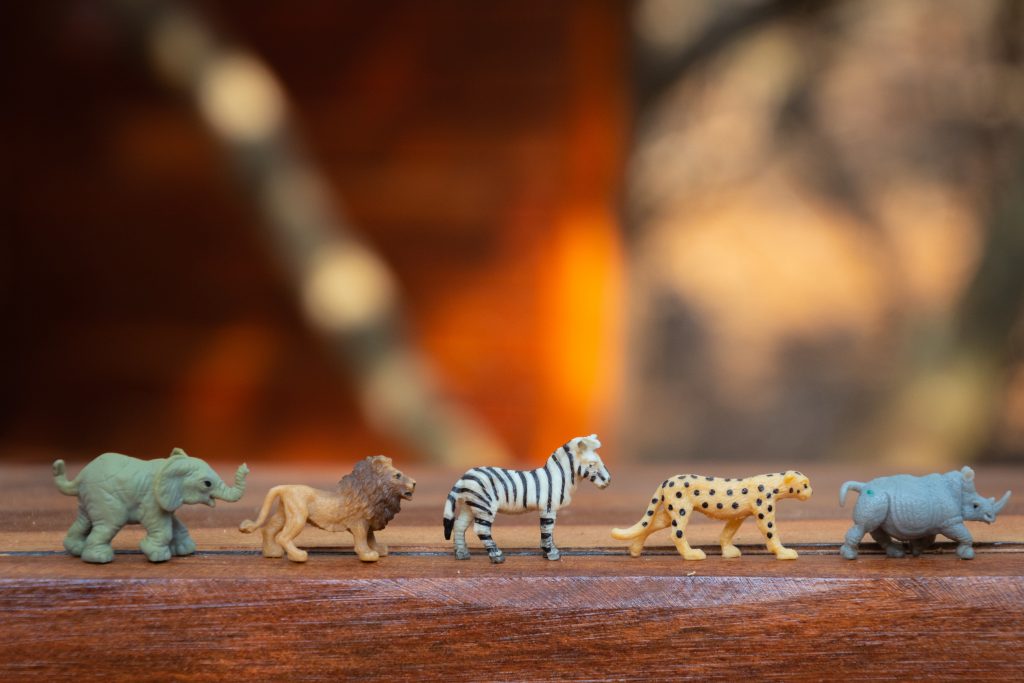When you look at a box of toys, what do you see?
Usually, all you can perceive is the potential for mess. But if you take a scientific, psychological, or developmental perspective, you see a lot more.
Researchers have known that toys are more than mere colorful objects children use to entertain themselves. They’re fundamental in the development of their cognitive capacities. The more children play as kids, the more successful they are as adults. It’s not a trivial pursuit at all. It’s way more important than most parents realize.
Toys Introduce Children To The Idea Of Planning
Humans are different from animals in several ways. But perhaps the most obvious is that we’re able to plan things in our minds and make them a reality in our lives.
The question is – where do we get this incredible skill? How is it that architects are able to plan a building on a piece of paper and then make it a reality in brick and mortar?
Part of the ability comes down to the practice that we get when we’re young. When kids play with toys, they first imagine a situation and then use them to act it out.
When using a cars remote control, kids have to plan where the vehicle will go next. Lego is a more extreme example. You start with non-abstract blocks and then have to put them together in such a configuration that yields something recognizable.
Toys Improve Motors Skills
Cognition is essential, but it is not the only important factor in the development of children. Learning to control the body is essential too. Kids need to be able to transform their thoughts into intentional actions in the real world.
If you’ve ever watched a toddler trying to use a crayon, you’ll know how challenging it is to build even basic motor controls. It takes weeks of effort to be able to pick up a writing implement and use it proficiently. It’s much more complicated than many adults imagine.
Toys are a great aid in this process. When kids have a broad selection of objects in their environment, they’re much better able to gain control over their bodies and manipulate the world around them. Piling blocks on top of each other might seem futile for adults, but for kids, it’s an essential ability. The child who has fine motor control feels more confident for the rest of their lives.
Toys Encourage Socialization
Go to any daycare center, and you’ll see dozens of children all trying to get along together. In many cases, they each want to play with toys, but often they can’t because another child is using them.
We’ve all seen how these situations resolve themselves. Either the child asks to share or gets in a tantrum because they can’t get the toy they want.
Over time, toys have become an essential vehicle for socialization. Parents use them to teach their children the value of negotiation and cooperating with others. And that means they have a lot of value.


